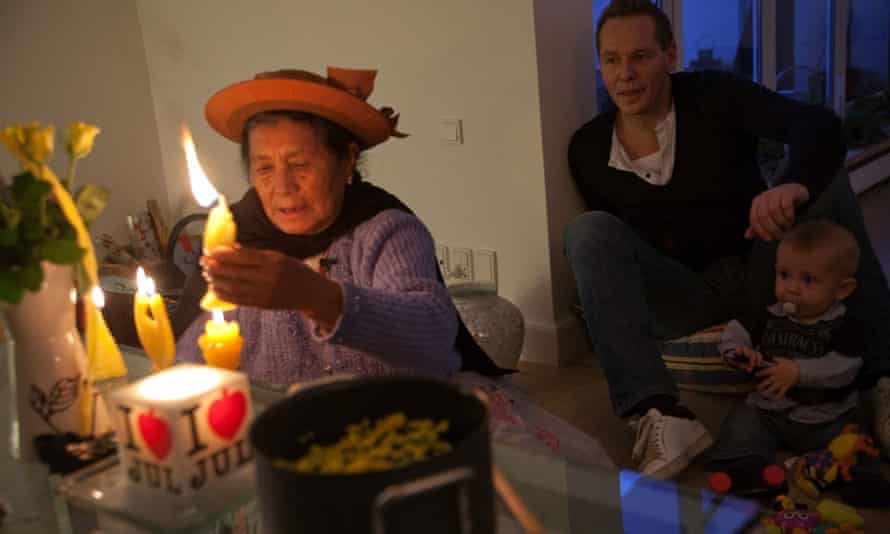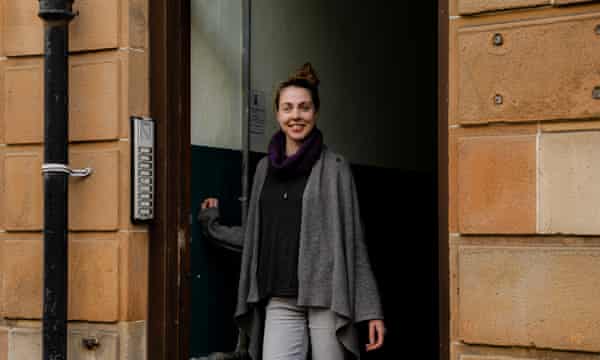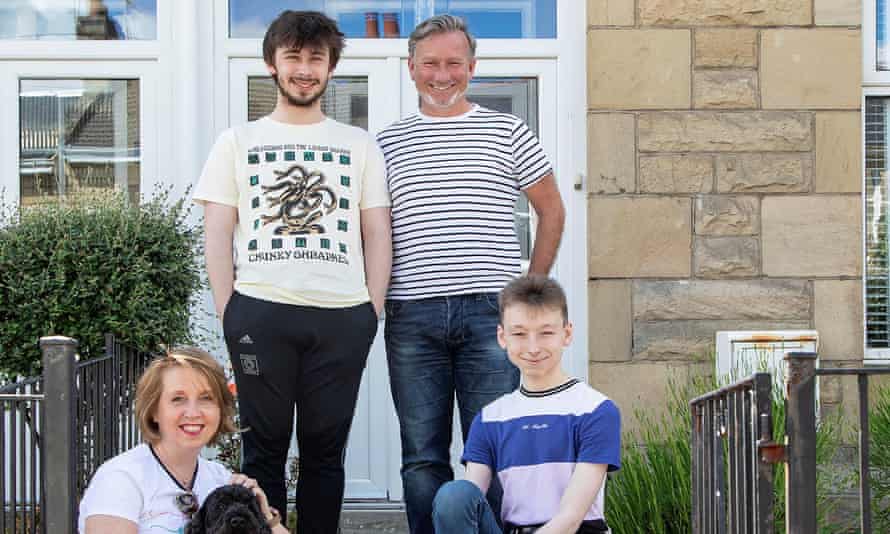Wanted: your spare room for global visitors to Glasgow’s climate summit
Locals in the host city are being asked to offer a warm welcome to indigenous delegates visiting for Cop26

In October, Calfin Lafkenche of the Mapuche people of Patagonia, on the southernmost tip of Chile, will embark on an 8,000-mile journey across the Atlantic. He won’t be the only one taking such a trip; indigenous people from Peru’s highest mountains will walk for eight hours to board day-long flights, while those from the deepest Amazon will travel for two days to board a canoe bound for their nearest town. Their ultimate destination? Glasgow.
These are just some of the indigenous communities journeying across the globe to make their voices heard for the first time at Cop26, the UN climate change conference taking place in Glasgow from November.
Participation of these indigenous communities in Cop26 is being made possible in part by the efforts of organisers on the ground in Glasgow but one of the big issues is finding enough suitable accommodation for these new attendees. Now, Stop Climate Chaos Scotland (SCCS) is spearheading a call for Glaswegians to offer spare rooms and sofa beds to the indigenous delegation.
“We’re talking about communities who haven’t got much money and who need to travel huge distances,” says Kat Jones, Cop26 project manager at SCCS. “They might have come from a jungle and travelled for three days, but when they’re coming to Cop they’re coming to our city and we want them to find warmth and a welcome here.”

Opening its doors to indigenous guests is Glasgow southside’s Hidden Gardens, hosts to the indigenous leaders’ flame, a fire that will burn throughout Cop26 under the watchful eye of fire guardians. Meanwhile, the GalGael Trust, a community-led heritage project in the city’s dockside Govan area, will host a series of informal gatherings to bring together diverse indigenous cultures and traditions with those of Govan, Glasgow and Scotland.
Also on SCCS’s agenda is the appropriation of empty shopfronts to exhibit artworks and installations from indigenous communities who cannot make the long and expensive journey. One such exhibit, entitled Weaving Hopes For The Future, represents the first participation by Malaysia’s indigenous people in Cop’s 26 years, and is co-produced by women and children to highlight indigenous knowledge and the role of the global community in the struggle against the climate crisis.
“Vulnerable communities are already suffering from the exploitation that has brought us to this crisis,” says Ili Nadiah Dzulfakar, chair of Klima Action Malaysia and project lead for the installation. “Today, their voices are again ignored as the world races towards solutions requiring swathes of land to reduce emissions, most of which are planned on indigenous customary lands. Indigenous people must be part of decision making; their knowledge could help us heal our relationship with the natural world.”

This contribution is at the crux of organising efforts in Glasgow, says Jones, who emphasises the responsibility the whole city feels to host a meaningful and inclusive event. “There’s a real sense of gravitas here,” says Jones. “We in Glasgow know we have to do our very best to make sure the people with the most powerful things to say can say them at Cop.”
For Lafkenche, an organiser with the Minga Indigena, a gathering of indigenous leaders who have come together at previous Cops, the opportunity for indigenous elders whom he describes as “the oldest scientists in the world” to contribute to Cop26 on an equal footing with western climate scientists is almost as momentous as the crisis they will be discussing. For these communities, he emphasises, travelling thousands of miles for dialogue remains more accessible than the digital technologies much of the world has embraced during Covid-19.
“It feels like a reconciliation,” says Lafkenche. “This western world brought the colonisers 400 years ago; those forces arrived but the native cultures resisted with their traditions, arts and languages.
“Now for the first time, in Glasgow, these two worlds will be coming together into one.”